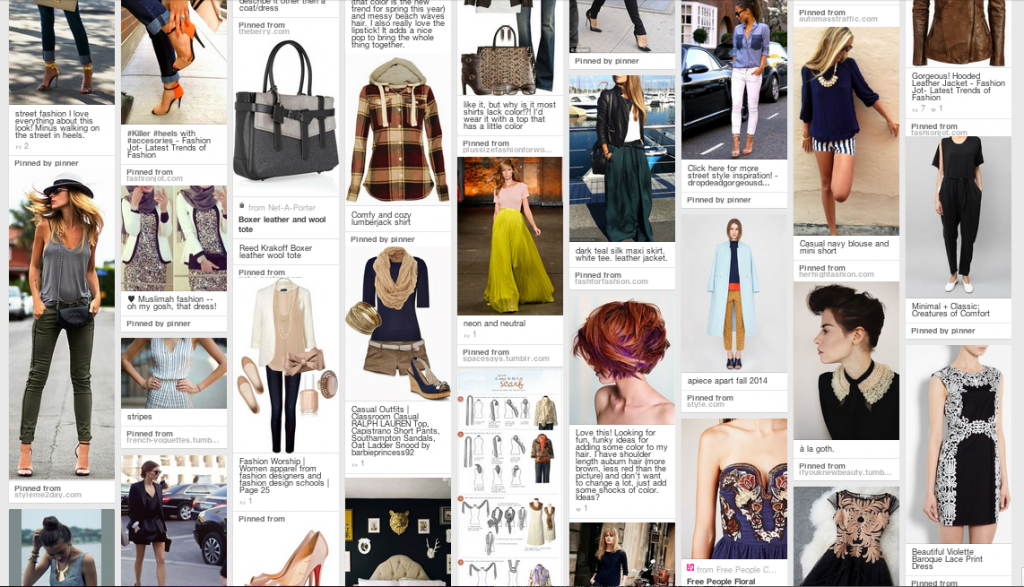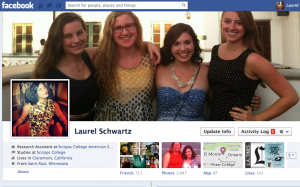Social media is pretty much my life. I have a really hard time being away from Facebook for too long. I often prefer YouTube to Netflix, and I probably use Snapchat to check in on friends about as often as I use messenger or texting. I also have a pretty smokin’ Pinterest—my fashion board alone has close to 500 pins.
I’m also a very political person, and I love using social media to keep up with folks doing the political work I’m interested in. I take Twitter very seriously, and I do my best to post interesting (and intelligent-sounding) tweets and articles. Even more than Facebook and Pinterest keep me in touch with my friends and beautiful shoes, Twitter keeps me in touch with the world. I love having a public profile and getting to engage with all kinds of folks in a public forum.
So when I found out this summer that I need to be cautious about what I post and say online because whatever I do might be used against my lawmaker, I was a little crushed. I need to be particularly careful about posting things that contradict my lawmaker on social media, which makes sense. But I also know the most about certain political situations in LA county, and I worry sometimes that I might post something related to LA that might get construed to reflect badly on the Senator.
Ok, Em, you say, just give up social media for the summer. Or at least make your handles more private.
That made sense initially. Sure, I can scroll but just refrain from posting, right? Or restrict my followers to close family and friends.
But then I realized that it wasn’t so simple as that.
You see, I use my social media handles to market myself. I am all about LinkedIn. My profile errs on the side of too much information. My Twitter adds extra dimension to the image people have of me after searching my name quickly. In fact, my office’s previous intern told me that part of the reason they hired me was because they found my LinkedIn, and were glad that they could know more about me than just what was on my resume.
That, to me, makes it all worth it. But maybe it isn’t really my decision. I’m not the one who comes up for election in a year or two. And I’m also not the one who makes the rules in the office regarding intern behavior (or anyone’s behavior, really) online.
At any rate, here are my thoughts so far on how to use social media when you’re working for a high-profile person who may be harmed by what you post:
1. Assume anyone you’re working for could be hurt by what you post. Always.
2. It’s easy to stick to news items to tweet. Find someone who’s not a regular headline news source and retweet them. I like to find White House press reporters on Twitter and retweet the quotes they get from media briefings with the President and other officials. It’s an easy way to post something with a little more substance than CNN’s main profile. News = no opinions (just make sure the news doesn’t make your employer look bad) AND White House press team = ooh look how savvy you are.
3. Use your presence to hype up what your employer’s doing. This earns you brownie points with your employer and also might tell future employers that you’re loyal and enjoy the type of work you’re doing.
Still, do these benefits and good ideas outweigh the problems inherent to a public forum system?
So what do you think? Is social media too dangerous to do any good? Or is the leap of faith worthwhile and exciting? Let me know your thoughts on this! I could use a little advice.



